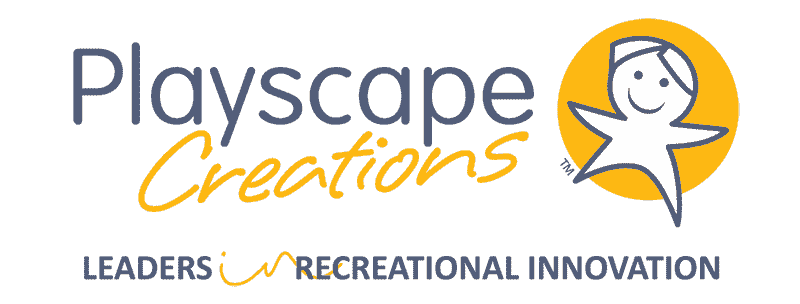
Playtime leads to brain gain – and plenty of positive things
We are constantly learning so much about the positive effects of play in our early developmental years.
The great outdoors is still the number-one spot for truly unstructured play. Free play allows children to do what comes naturally to them – make up their own games, develop their own rules, explore their world with gusto. Time spent playing outdoors encourages children to exercise their bodies along with their cognitive and social abilities, helping them develop vital skills they need to become positive, productive adults.
Whether on an innovative play structure or deep in the woods, children playing outside are more apt to stretch their imaginations along with their muscles, playing more freely as they literally swing from one adventure to another.
Research now shows a direct connection between daily exposure to natural environments and children’s health. Richard Louv, author of national bestseller Last Child in the Woods, directly links the lack of nature in the lives of today’s wired generation to disturbing childhood trends such as rises in obesity, attention disorders and depression.
But if we take it back simply – Play Time Leads to Brain Gain – Article from The West Australian
“imaginative play needs to be protected from the threat of tight schedules, the early take up of TV, DVD’s and computer games… an intense focus on early achievement and a lack of opportunity to take chances and learn limits” Dr Caunt – Child and Adolescent Health Service.
